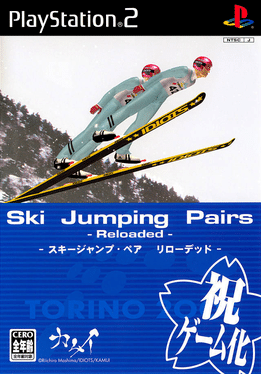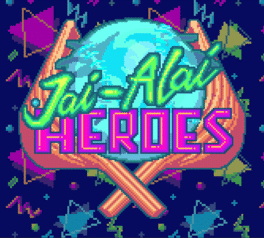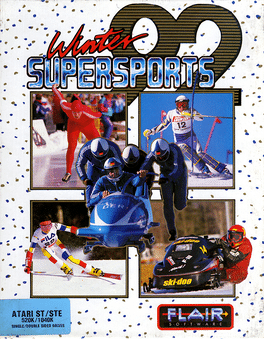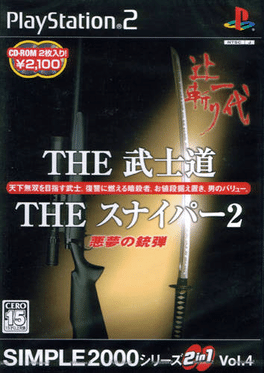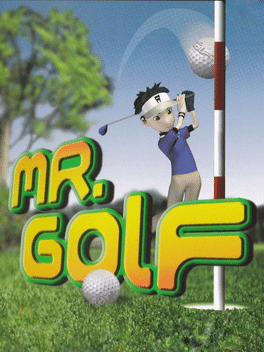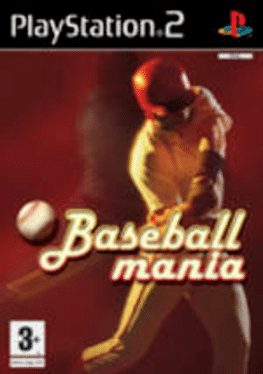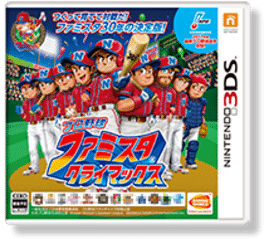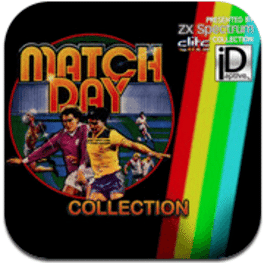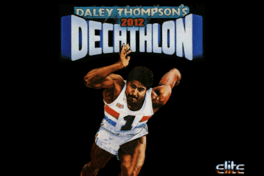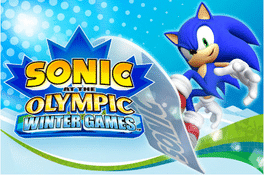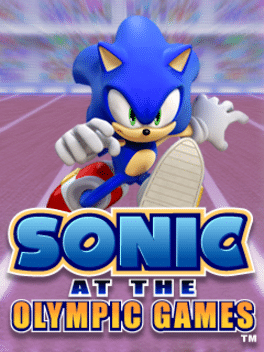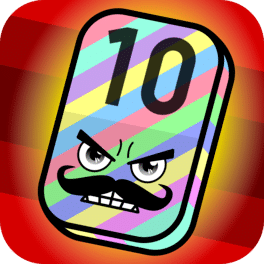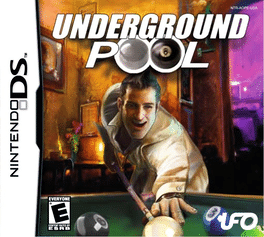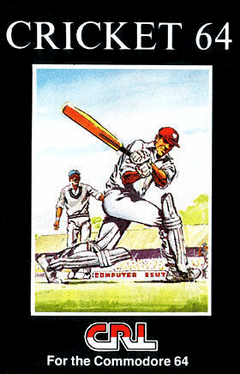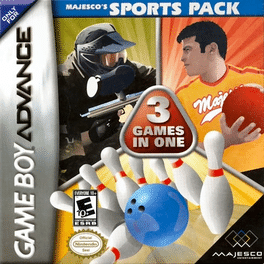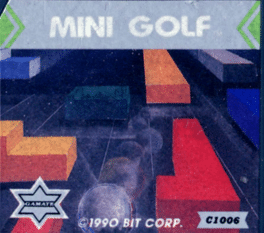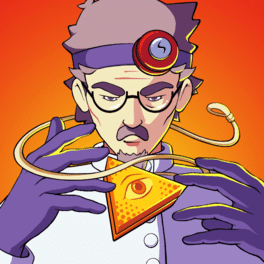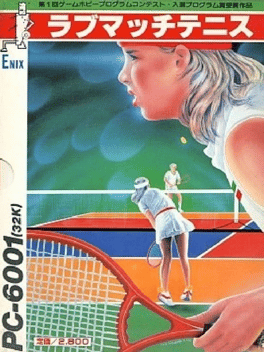Most Popular Mac Games - Page 216
-
Winter Supersports 92
1992
A sports game with eight events from the Winter Olympiad published by Flair Software for Amiga, Atari ST and Commodore 64. -
Simple 2000 Series 2-in-1 Vol. 4: The Bushido & The Sniper 2
2005
Two previously released Simple 2000 games released together for an MSRP of only 100 Yen more than one of the single releases. -
Mr. Golf
2001
-
Basketball Xciting
2003
-
Baseball Mania
2004
Baseball Mania
2004
A baseball game for PlayStation 2, released as part of the Simple 2000 series in Japan. -
Bowling Xciting
2004
Bowling Xciting
2004
A bowling game from Tamsoft and D3 Publisher with three game modes and up to four players. -
Pro Yakyuu Famista Climax
2017
Bandai Namco's comedic baseball series brings new modes and features along with the return of old favorites, including multiple league representation and several zany mini-games. -
Match Day Collection
The ZX Spectrum versions of the two Match Day games, collected for mobile. -
Daley Thompson's Decathlon 2012
A remake of the classic track-and-field game for modern mobile devices. -
Sonic at the Olympic Winter Games
2010
A mobile game made to promote Mario & Sonic at the Olympic Winter Games. This mobile port only features the playable characters from the Sonic the Hedgehog series. The game was released on iOS devices, and later removed because of the poor quality. -
Sonic at the Olympic Games
2008
Sonic at the Olympic Games is a mobile phone game released as part of the Sega Mobile service offered by Sega. -
Underground Pool
2007
-
Mini Golf
1990
-
Love Match Tennis
1983
Love Match Tennis
1983
Lover Match Tennis is a tennis game where you play as a first-year tennis girl who gets to challenge one of three seniors: Maiko a junior, Kumiko a second year, and finally Jun-Kun a third year is the toughest out of the other two. You must knock the ball in because if it's out then the opponent gets the points, or you can still earn points depending on how long you prevent the ball from going out. The game ends when your opponent gets all 4 wins.
